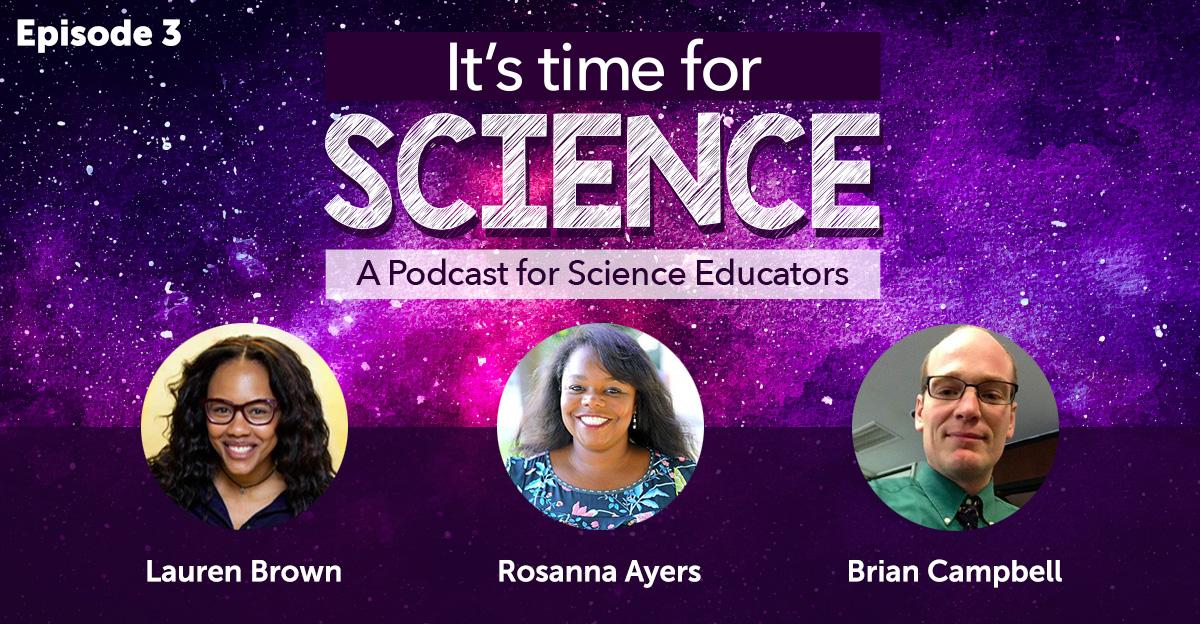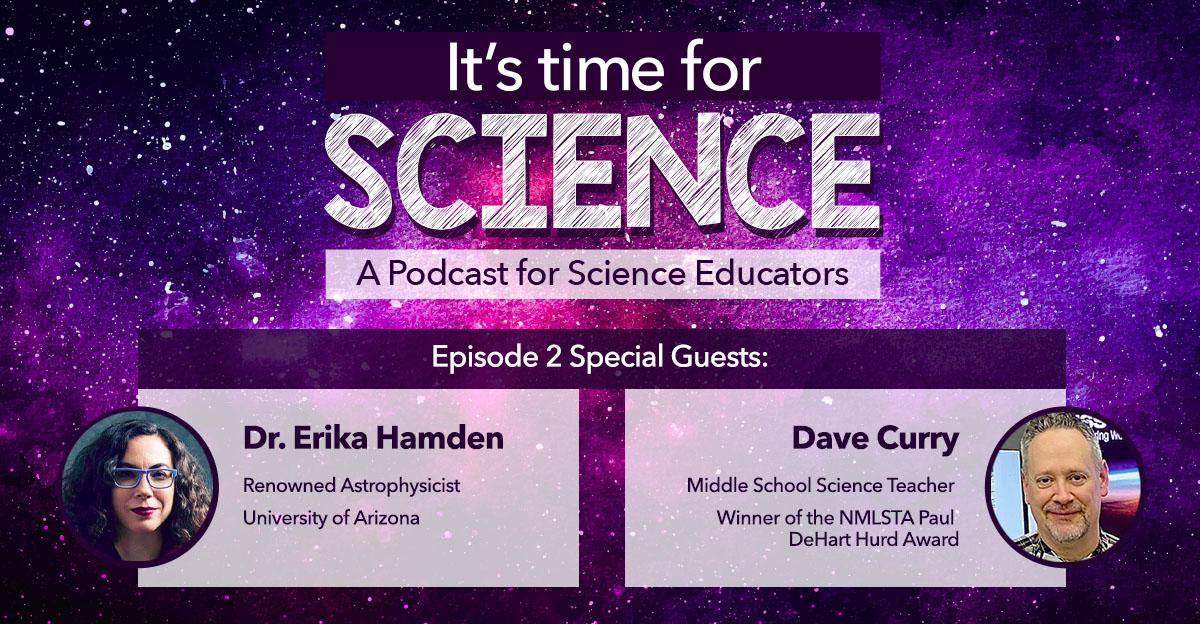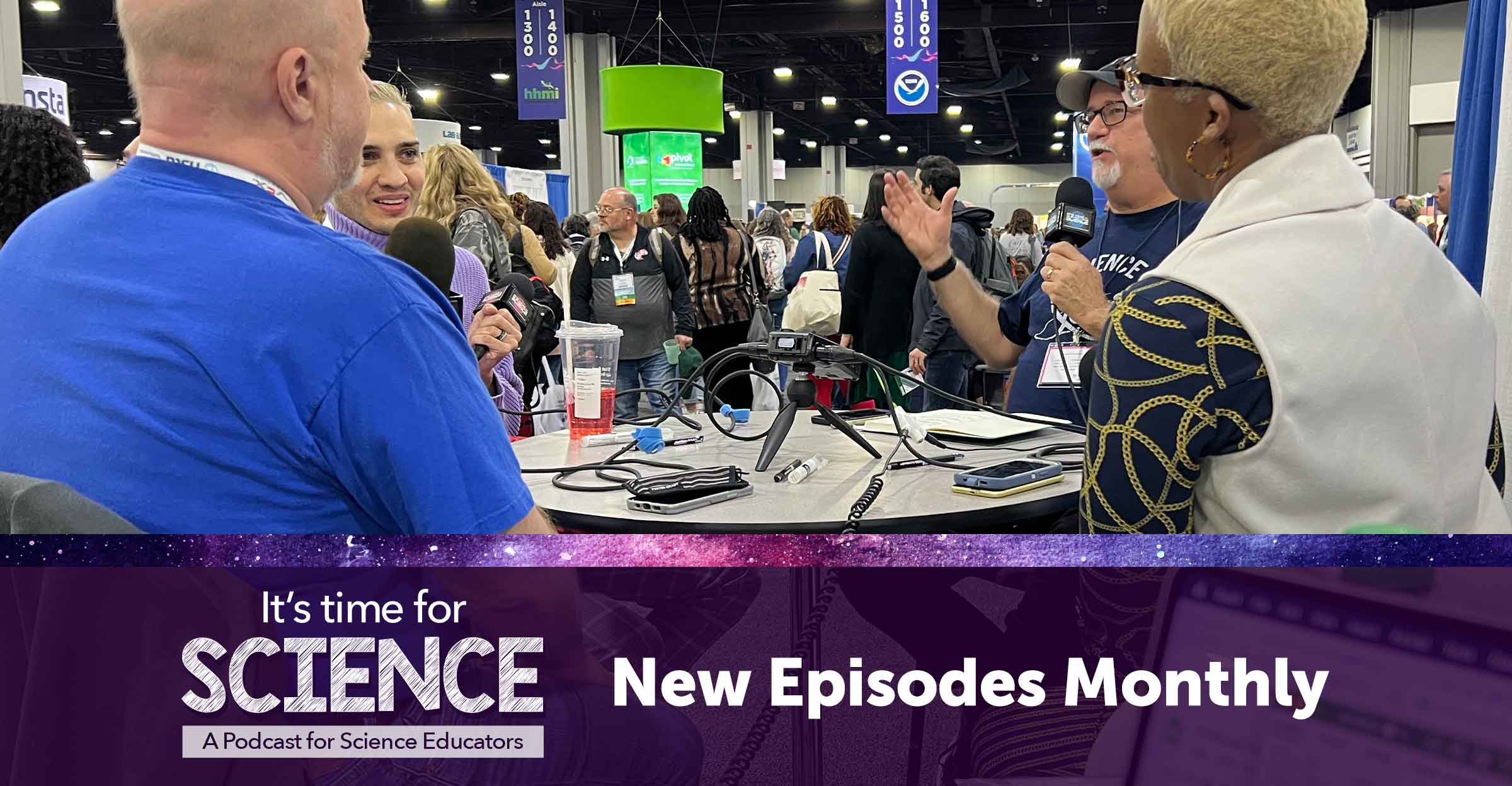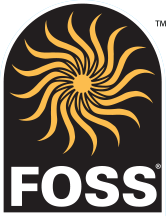Curriculum & Implementation Strategies
Strong science teaching starts with a well-implemented curriculum. This section offers insights into curriculum planning, teaching strategies, and classroom management tips that make science instruction more effective. Explore ideas for aligning standards, supporting teachers, and creating meaningful learning experiences for students at every grade level.
-

Community Engagement with Citizen Science
Read more: Community Engagement with Citizen ScienceOne Million Acts of Science for Citizen Science Month Have you ever dreamed of making a great scientific discovery that makes the world a better place? We all grew up learning how scientists throughout history found ways to study and understand everything from the smallest atom to the widest galaxy. The parts that don’t make…
-

How to Prepare Students for an Upcoming Solar Eclipse
Read more: How to Prepare Students for an Upcoming Solar EclipseA solar eclipse is a magical event. On April 8, 2024, schools and communities across America will gather to witness a total solar eclipse. The last time there was a total solar eclipse in the US was in 2017. The upcoming eclipse in April is expected to last twice as long for a total of…
-

Using Science to Launch a New School Year with Parents: Leveraging Inquiry for Back to School Night (BTS) & Open House
Read more: Using Science to Launch a New School Year with Parents: Leveraging Inquiry for Back to School Night (BTS) & Open HouseBack to School Night & Open House: Setting the Stage for Science Success Whether your school holds Back to School Night before school starts or an Open House several weeks into the school year, incorporating a fun, inquiry-based science activity into your event can be a memorable and exciting experience for both students and parents.…
-

Back to School With Science
Read more: Back to School With ScienceFor this episode of It’s Time For Science, we’re talking about going back to school (yes, already!). Host Tom Racine talks with education leader Rosanna Ayers and also facilitates a round table discussion with instructional coach Lauren Brown and curriculum developer Brian Campbell. Rosanna Ayers is the former director of youth education at the Biomimicry Institute and has…
-

FOSS Summer Leadership Institute
Read more: FOSS Summer Leadership InstituteDid you know that FOSS offers professional learning opportunities to enhance your science lessons? The 2023 FOSS Summer Leadership Institute, held just outside Portland, OR, focused on transforming professional learning. Each attendee developed a professional learning plan for the upcoming year, that implements FOSS curriculum in new, exciting ways. Helping make the event a huge…
-

Getting Ready for a New School Year with Science: Tips for Teachers
Read more: Getting Ready for a New School Year with Science: Tips for TeachersWhat’s the goal? Most elementary educators start the school year with 1) classroom rules, 2) English instruction, and 3) math instruction. This can be disengaging for everyone involved and leave science on the sideline. One of the best ways to avoid disengagement from the start of the school year is to begin classroom management on…
-

Teaching Inspirations and Exploring the Galaxy
Read more: Teaching Inspirations and Exploring the GalaxyFor this episode of It’s Time For Science, we’re going to space! Host Tom Racine talks with renowned astrophysicist Dr. Erika Hamden and science teacher Dave Curry. Dave Curry is an experienced middle school science teacher and the 2023 recipient of the Paul DeHart Hurd Award, presented by the National Middle Level Science Teachers Association (NMLSTA), an…
-

Educator Insights from NSTA
Read more: Educator Insights from NSTAFor the first episode of It’s Time For Science, we traveled to the National Science Teaching Association (NSTA) conference in Atlanta, Georgia. Host Tom Racine sat down with three educators from South Carolina: Yolanda Bennett, Ed Emmer, and Felipe AndreSilva. We couldn’t have asked for a more engaging and diverse group, and our conversation includes…
-

Phenomena-Based Instruction: Inspiring Young Scientists
Read more: Phenomena-Based Instruction: Inspiring Young ScientistsPhenomena in a science class are like oases in a desert: absolutely essential, beautifully vibrant, and rich with creative growth and potential, but unfortunately too uncommon, infrequent, and far apart. Real-world phenomena illustrate scientific principles with remarkable effectiveness, because they help students see why science matters and how it works. Local, relevant phenomena-based teaching engages…
-

How to Find More Time for PreK-5 Science
Read more: How to Find More Time for PreK-5 ScienceAs science education becomes increasingly vital, elementary educators find themselves struggling to make time for teaching science during an average school day. While the complexities of this problem will require solutions from school and district leaders, we can at least offer a few convenient ideas that educators can start implementing right now. Treat Anything Like…
